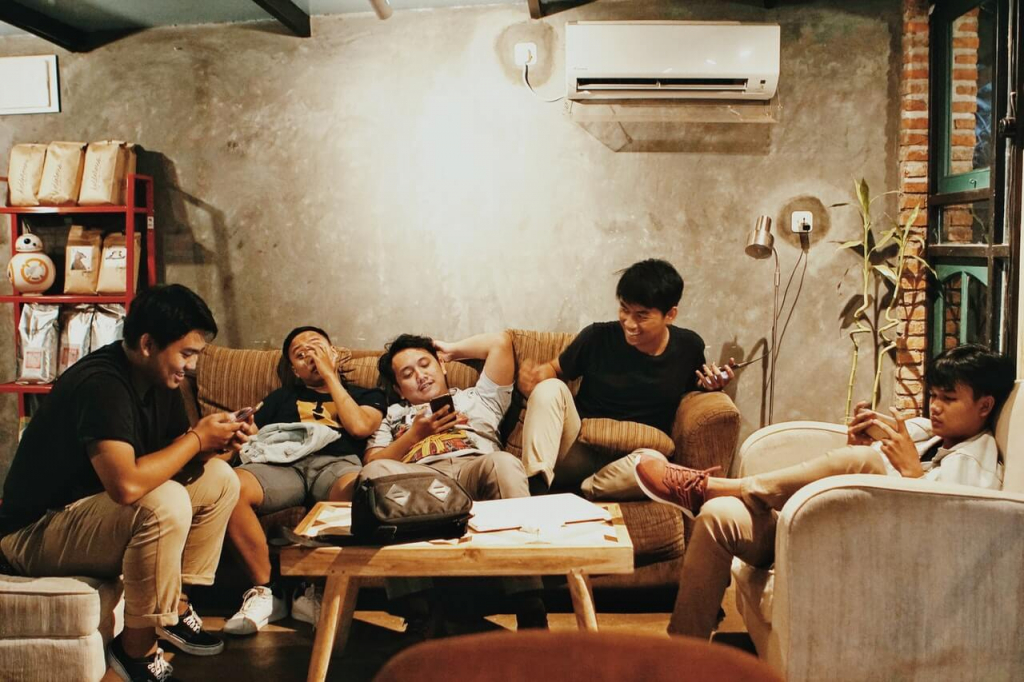Sooner or later, your tenants will invite guests over. You can’t stop them from having people around because they do have friends and families that would want to visit them now and then.
But then again, they will be inside your property and a lot of things can happen while they’re there.
Different Views:
There might be different perspectives on the subject of dealing with your tenant’s guests. Some tenants will not always see why it is a big deal for you if they have people over.
Your tenants will not mind having visitors because they just tend to stay for a short time…most of the time.

It’s different for landlords, though. Having more people increases the chances of having issues and one can never tell how “short” their stay will be.
The reason why you conduct tenant screenings is because you only want trustworthy and responsible individuals living in your property. This is why you go through all the trouble of checking their background and verifying their information.
With tenant’s guests, you will not have the opportunity to do so because they’re not your tenants. That’s where problems come in.

Let’s say your tenant’s guest was cooking and left the stove on to go take a shower or watch TV. It then caused a fire inside the unit. It may not have been a big fire but enough to cause damages. Who should take responsibility? Is it the guest or the tenant? Or is it the liability of the landlord because he allowed the tenant to entertain guests? This will be a cause for confusion and someone should have to take responsibility eventually.
But then again, you can’t completely forbid them to have guests over because that might put off potential tenants. The main thing to do is set limits and formulate rules that can regulate tenants from having guests.
Identifying Overnight Guests, Unofficial Tenants and Long Term Guests
It is important to identify these types of guests to know what you will be dealing with and which ones are allowed and which ones are not.
• Overnight Guests
Some come over for dinner parties or events that usually lasts for only a couple of hours. They will immediately leave after. Those who will stay over for one night can be included in this category.

• Unofficial Tenants
These are the ones landlords would like to avoid. These “guests” tend to stay for a very long time. Perfect examples are friends or family members looking for a place to crash until they can afford to rent a place of their own. There is no telling when that may be.
However, if they are indeed looking for a place to stay, you can offer one to them. Let them check out the property listings you made in Padleads and the other websites it was syndicated to. You just might have the ideal home for them.
• Long-Term Guests
Examples of long term guests are students and parents. Students will only stay during the semester and you know they will leave after that.
There are also instances where parents will live in with their children for a few months. For example, your tenant just gave birth and needs a helping hand. Their parents or someone from their family will possibly stay with them until they can adjust to their new situation.

So, what should you do?
You can consent to tenant guests but they should only stay for a specific number of days before they will be considered unofficial tenants. For example, a guest can only stay for a maximum of 10 days. If there is a need for them to stay longer, they should ask for approval from you or apply as sub-tenants.
It’s better if this subject will be discussed with your applicants before they sign the lease. You can even specify this in your lease agreement so that you will have a basis if needed. That way, they will know your boundaries and will not have an excuse for not following guest rules.